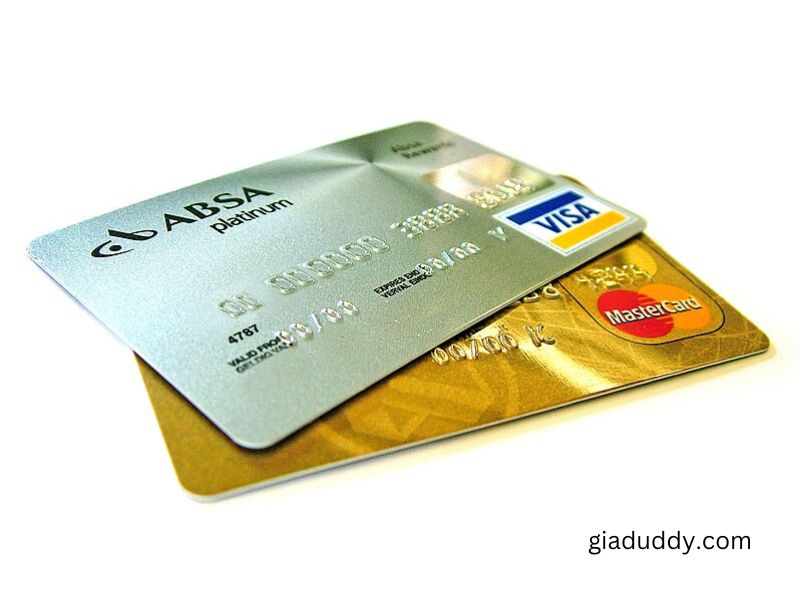A Restricted Travel Card is typically issued to individuals who do not meet the standard criteria for a regular government travel charge card, mainly due to financial considerations. These restrictions are often related to the applicant’s credit score or financial history, particularly when their credit score falls below a specific threshold, such as 660.
Factors Leading to a Restricted Travel Card
- Credit Score Below 660: The primary reason an individual might receive a restricted travel card is having a credit score below 660. Travel card programs often use the FICO credit score as a determining factor, and those with scores below the threshold may not qualify for a standard account. Restricted travel cards have lower credit limits and specific terms to manage potential risks, such as limiting cash advances and retail purchases
- Failure to Consent to a Credit Score Check: In cases where individuals decline to permit a credit check (a “soft pull”), they may still be eligible for a restricted travel card if they meet other requirements. This often requires completing an alternate evaluation form, such as the DD Form 2883, where applicants affirm their financial stability without providing a credit score
- History of Delinquency: Individuals who have been previously delinquent on federal loans, or have filed for bankruptcy, may also be issued a restricted card. The travel card program aims to reduce financial risk by issuing cards to those who might have shown financial irresponsibility or difficulties in the past
- Disciplinary or Legal Issues: If a person has a history of disciplinary action, including misuse of previous government-issued cards or violations of travel card policies, they are more likely to be issued a restricted travel card. Misuse can include personal expenditures charged to a travel card or failure to reconcile accounts on time
- Government-Specific Restrictions: For federal employees or military personnel, those who have had a government travel card cancelled due to misuse, or those who have disciplinary action against them for improper card use, may also only be eligible for a restricted travel card
Restrictions on the Card
A Restricted Travel Card typically comes with lower credit limits, such as a maximum of $4,000 for credit, $250 for cash advances, and $100 for retail purchases. This helps mitigate the risk associated with those whose financial reliability is still being assessed. In many cases, these limits can be temporarily raised for specific needs, like official duties, but only for a limited time period and under strict authorization
Benefits of a Restricted Travel Card
Despite the restrictions, a restricted travel card still offers many benefits:
- It allows for streamlined processing of travel-related expenses during official government travel.
- It ensures accountability by limiting unauthorized expenditures.
- It helps government agencies manage travel expenses more efficiently while protecting against financial risk.
In conclusion, the issuance of a restricted travel card is primarily designed to mitigate financial risk for both the cardholder and the issuing entity. It ensures that those with a history of financial difficulties or credit issues are still able to perform their official travel duties without incurring excessive financial risk for the government.


